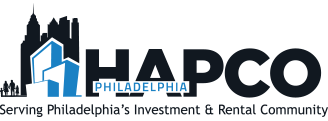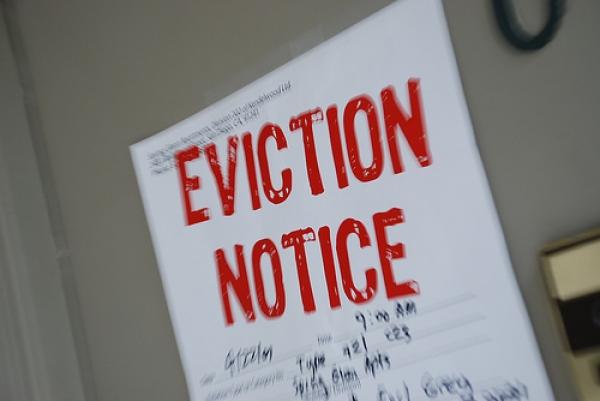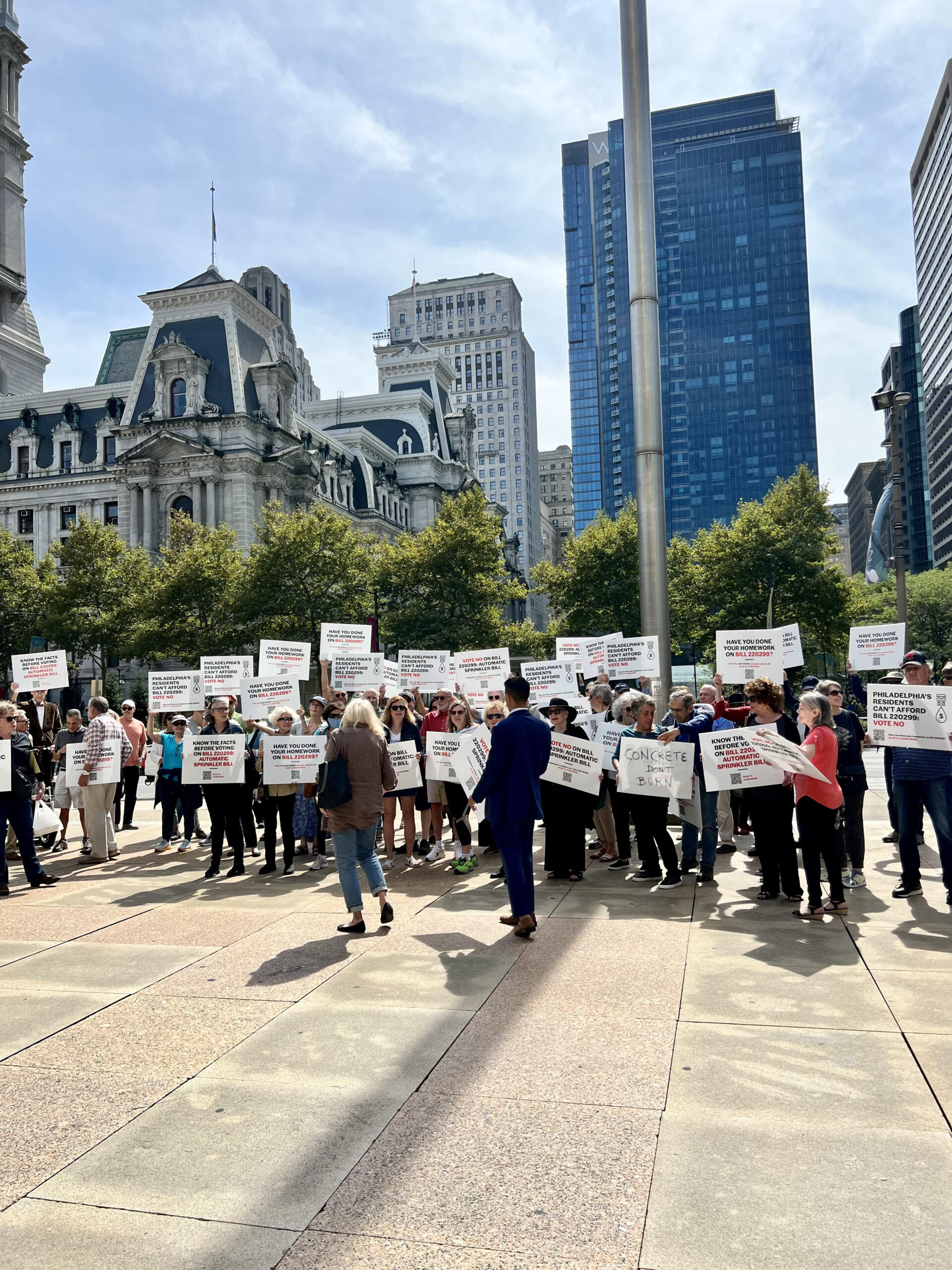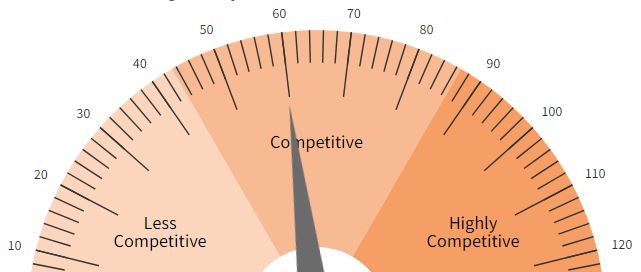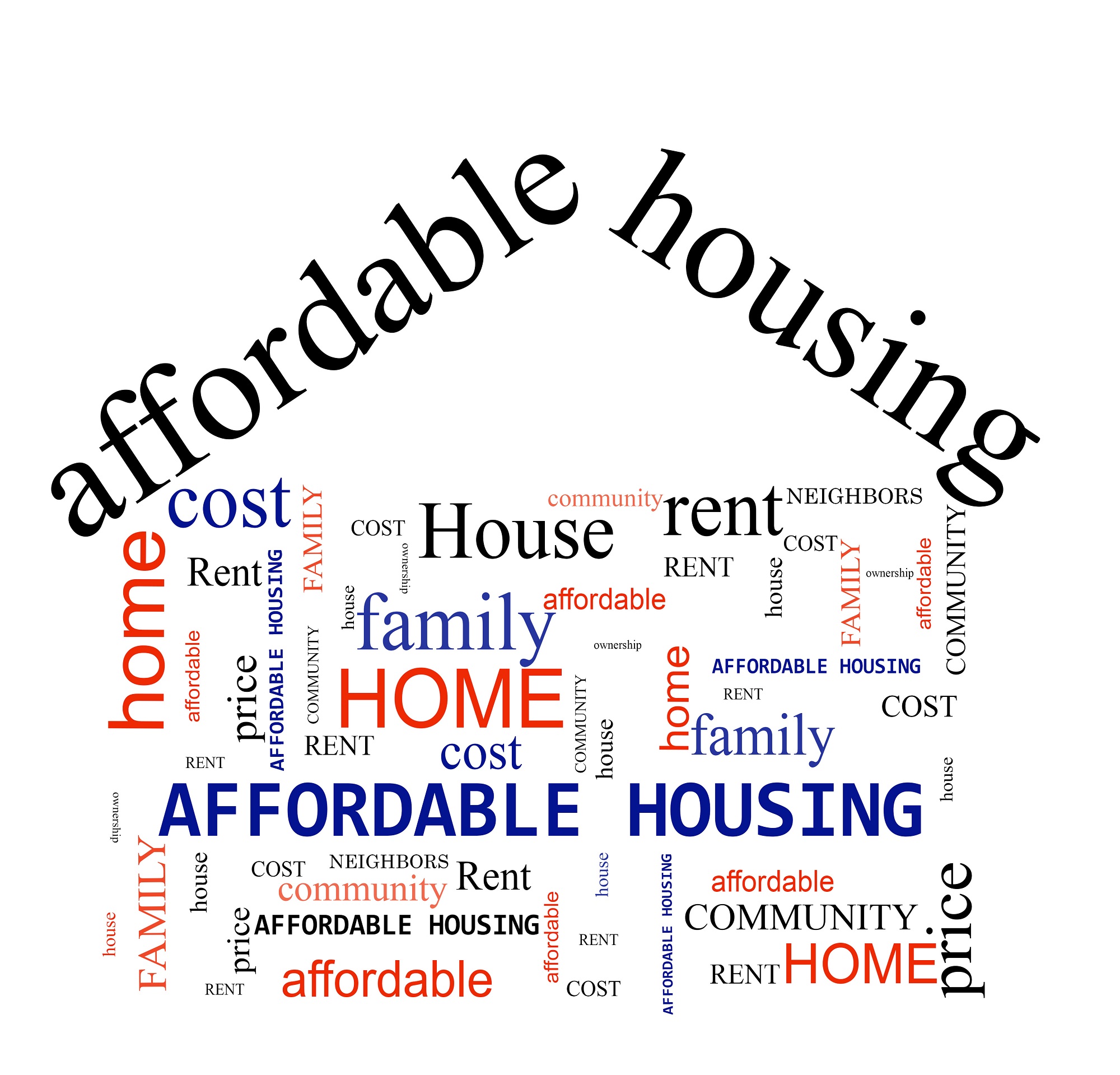Pandemic Fallout Still Affecting Rental Owners In Los Angeles

In Philadelphia, the pandemic eviction moratorium, Eviction Diversion Program, and changes to the Landlord Tenant Office, are still rippling through our rental community as well.
On the West Coast, however, the end of pandemic protections is being addressed by LA city officials.
Hapco Philadelphia wants to know why LA officials are quick to help rental property owners and their tenants, but Philadelphia City Council seemingly could care less about Philly’s small, independent Mom & Pop rental and investment property owners?!?
Hapco Philadelphia, PAA Sprinkler Bill Protest Forces Cancelation Of Pro Sprinkler Event

The protest signs were clear: “Know the facts before voting on Bill 220299.”
City Council still hasn’t figure out that when proposed laws threaten peoples’ livelihoods, they show up outside City Hall.
That’s exactly what members of Hapco Philadelphia and the Pennsylvania Apartment Association (PAA) did September 21st to protest a planned bill that would mandate putting sprinklers into existing high-rise buildings over 75 feet tall.
“The devastating cost of Councilman Mark Squilla’s bill would drive many rental property owners out of business,” says Hapco President Greg Wertman, who attended the protest.
“And if this bill passes, our fear is that City Council would come after the small, independent Mom and Pop rental owners who are the majority of Hapco’s members.”
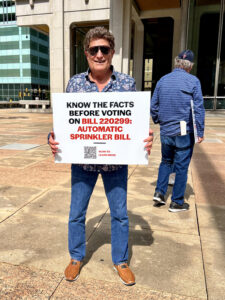
The PAA commissioned several studies that show retrofitting high-rise buildings with sprinklers would cost $27,000 to $50,000 per unit, and that doesn’t include the cost of relocating tenants and the annual expense of maintaining a sprinkler system.
And Wertman adds that a rental owner’s insurance costs would skyrocket with the addition of a sprinkler system.
“Those stratospheric costs would bankrupt most rental owners and drive many to sell out, further eroding Philly’s affordable rental housing stock,” adds Wertman.
Both PAA and Hapco Philadelphia contend that strict enforcement of existing fire codes would achieve the same safety result as a costly sprinkler bill without bankrupting the city’s rental property owners.

Hapco Philadelphia Board Member Robert Levin also attended the sprinkler bill protest and noted the more than 50 people from PAA and Hapco Philadelphia speaks volume about the impact. “It was an impressive sight to see concerned businesspeople from the industry come together in solidarity and voice our collective angst over the never-ending overreach of government,” Levin said.
“It is also telling that those who seemingly would benefit the most from new requirements turned tail when they heard we were protesting en masse.”

Levin was referring to the abrupt cancellation of a fire suppression demonstration by the National Fire Sprinkler Association and Sprinkler Fitters Local 692 that had been scheduled following the Hapco Philadelphia and PAA protest.
URGENT!! CALL TO ACTION FOR ALL RENTAL OWNERS!! Attend A Sprinkler Bill Protest Thursday 1pm!

Hapco Philadelphia is joining its Rental Coalition partners for a counter demonstration to show City Council how devastating a mandatory high rise sprinkler bill would be for city rental owners.
Philadelphia City Councilmember Mark Squilla introduced Bill #220299 on March 31st known as the Retrofit Automatic Sprinkler Legislation.
It requires automatic sprinklers to be retrofitted into existing high-rise buildings over 75-feet and Hapco Philadelphia is teaming up with the Pennsylvania Apartment Association and other members of the Rental Coalition to opposed its passage.
If passed, the bill would mean rental property owners would face retrofit costs of $27,000 to $50,000 per unit, on top of tenant relocation costs, and maintenance costs on a yearly basis.
And a rental owner’s insurance costs would also skyrocket.
Those costs would bankrupt many rental owners and further destroy affordable rental housing in Philadelphia.
And Hapco Philadelphia fears if the sprinkler bill passes, City Council will try to make them mandatory for small, independent Mom and Pop rental property owners!
WE NEED YOU TO JOIN THE PROTEST TO SAY NO TO SPRINKLER BILL 220299!
WHEN: Thursday September 21st 1pm
WHERE: Philadelphia Municipal Services Building, 1401 JFK Boulevard, across from Philadelphia City Hall
Philly Burbs More Competitive In Rentals Than City, Study Says
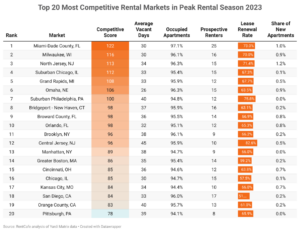
While Philadelphia’s rental market is in the Top 50 for competitiveness, it got beat out by the suburbs, according to a new survey by RentCafe.
The report looks at the country’s most competitive rental markets during the peak rental season. For this, their report analyzed 139 U.S. rental markets using metrics like occupancy rates, the number of renters per vacant units, and lease renewal rates.
The City of Brotherly Love ranked 35th among all markets analyzed, way lower than Suburban Philadelphia, which made it into the top 10 (7th place). Despite this difference in ranking, both markets share some similarities in metrics and present challenges for renters in finding available rentals.
Here are some key points from the report:
- In Philadelphia, 10 prospective renters competed for the same vacant apartment in peak rental season, with 63% of renters choosing to stay put.
- Meanwhile, in Suburban Philadelphia, an average of 12 people applied for each available apartment. More so, an impressive share of 76% of apartment-dwellers in the area chose not to move.
- Both markets experienced limited housing supply, with very few new apartments added recently in Philly (0.06% uptick in supply) and Suburban Philly (0.03% increase).
- This has kept the occupancy rate high in the suburbs (94.8%), while less than 8% of the apartments in the City of Brotherly Love were available (92.7% occupancy rate).
- Given these circumstances, apartments flew off the market in 40 days in both rental hubs.
- What about other Pennsylvania cities? Harrisburg took the crown as the most competitive small rental market during this peak season, boasting a 75% lease renewal rate amid no new apartments completed recently. Lehigh Valley followed on 6th place on our list of small markets. Here, limited supply and a staggering 79% lease renewal rate led to 18 applicants competing for each available rental.
- On a national scale, the rental market was moderately competitive in peak rental season, scoring a Rental Competitivity Index (RCI) score of 60. By contrast, Suburban Philly boasts an impressive RCI score of 100.
Hapco Philadelphia Partnership With City's "Landlord Gateway" Hosts More Education Sessions
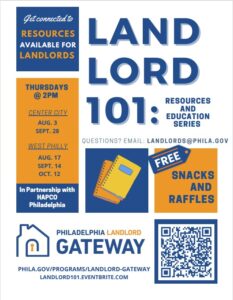
Whether you're an experienced rental property owner, or just getting started, you need to attend "Landlord 101" to learn about HP's partnership with the City's new one-stop-shop rental website.
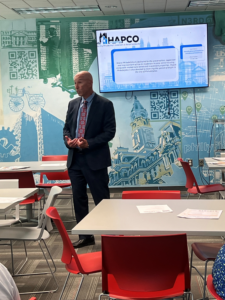
Nationally recognized rental law authority and HP general counsel, Paul Cohen, is one of the many experts answering questions from rental owners.
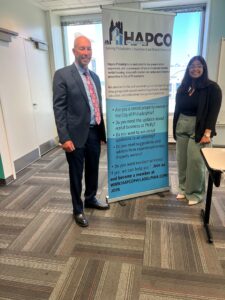
 .
.
Cohen, and Hapco Philadelphia office manager, Priya Boben, are there to help you through the process of "Landlord 101."

HP Board Member, Erik Bronstein, and HP Treasurer and Secretary, Syed Maz Alam, have decades of experience in the rental and investment property industry.

Don’t miss this exciting opportunity to network and learn the ins and outs of Philadelphia’s rental owner permits, licenses, and requirements!
The Landlord Gateway Program centralizes resources to help both current and prospective landlords navigate the City’s processes, requirements, and guidance through a single location.
Using the Gateway, landlords can learn how to:
- Obtain a rental license and start renting their property.
- Maintain their existing rental license and access services for licensed landlords.
- Participate in affordable housing programs to access a regular income, incentives, and resources.
The Gateway includes housing-related services and resources from 16 City departments and agencies to help landlords manage rental properties and tenants to stay current with rent.
Be sure to attend one of the next Landlord Gateway Program Education Sessions.
https://www.phila.gov/programs/landlord-gateway/
Thursday September 28th 2:00pm to 3:30pm
WHERE: Philadelphia Municipal Services Building, 1401 John F Kennedy Boulevard, Innovation Lab – 16th Floor, Philadelphia, PA 19102
WHEN: Thursday October 12th 2:00pm to 3:30pm
WHERE: 4601 Market St, Philadelphia, PA 19139, USA
New PA Law Granting Tax Incentives For Affordable Housing Making A Difference

Hapco Philadelphia has always pushed for governmental incentives to facilitate construction and maintenance of affordable rental housing.
With the help of Pennsylvania State Representative, local municipalities can now offer tax incentives to encourage construction of below-market-rate apartments.
State Rep. Solomon looks back on the progress the bill has made in the lives of low-to-moderate-income renters.
Statement from PA. State Rep. Jared Solomon
Reflecting on One Year of Affordable Housing Legislation
It has now been just over one year since Governor Tom Wolf signed into law my legislation allowing municipalities across Pennsylvania to grant tax incentives in exchange for construction of below-market-rate homes.
The bill gives local townships, boroughs, and cities a menu of options to pass tax abatements or exemptions for the creation or improvements of affordable housing, be they for homeownership or rentals.
Use of these abatements is entirely up to local policymakers and offers various exemption schedules to tailor the tax relief to the needs and budgetary constraints that they face.
This is a step in the right direction to ensuring every resident of Pennsylvania can have the housing they need to raise their families and comfortably live and work in every one of our 67 counties.
Data from prior years showed that for every 100 people who need affordable housing in Pennsylvania, only 42 people would get it. In extreme cases, in counties like York and Monroe, only 28 people out of 100 would get the affordable housing they need. In Lancaster, only 19 people.
This was unacceptable and I’m thrilled that our new law will begin to benefit residents across the Commonwealth by incentivizing developers to build affordable housing across the state, urban, suburban, and rural. All Pennsylvanians deserve a home they are proud of, and the new affordable housing law creates more access to that.
Specifically, the new law allows for up to 10-year tax abatements in certain areas with blighted properties if at least 30% of the housing built is affordable to households making 60% of the area median income.
Municipalities also can implement a two-year tax abatement for new housing or home improvements as long as 30% of the housing on site meets this definition of affordability. The law also gives authority to localities to forgive or refund the property tax liabilities to low-income families.
There’s no one silver bullet that’s going to fix all the supply chain and interest rate issues that the housing market is facing right now, but this new law will help. And we must do more to address the struggles of low-income Pennsylvanians in getting a housing voucher, the long wait lists associated with them, and ensuring fewer renters are cost burdened.
But one thing is for certain: our new affordable housing law is going to help a lot of folks in need and hopefully reshape the affordable housing landscape for years to come.
